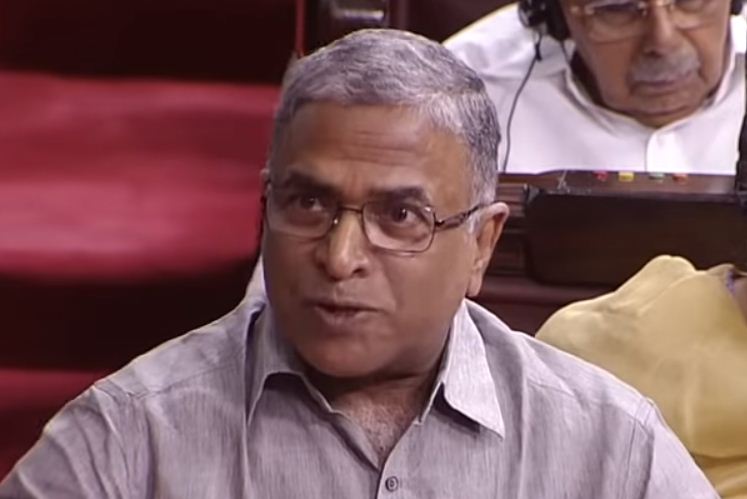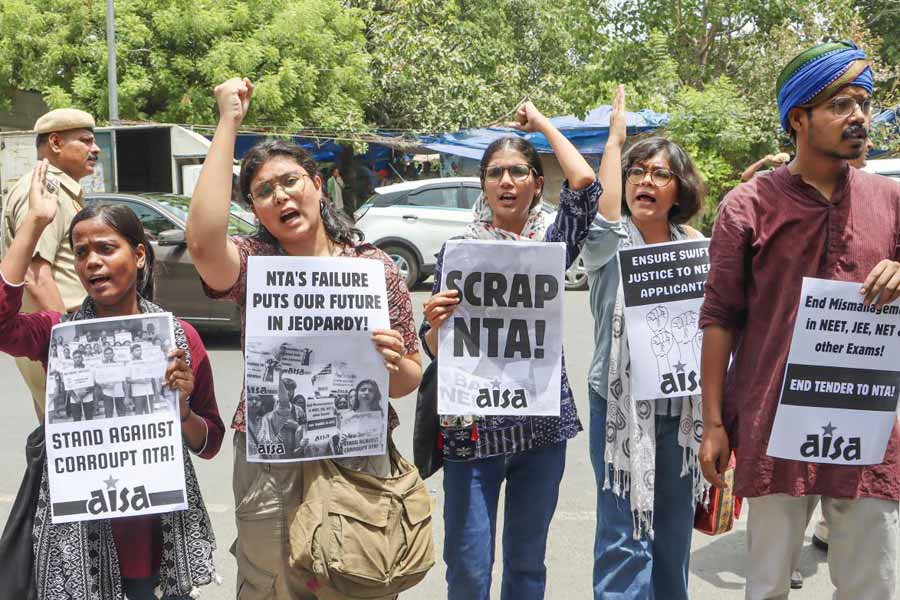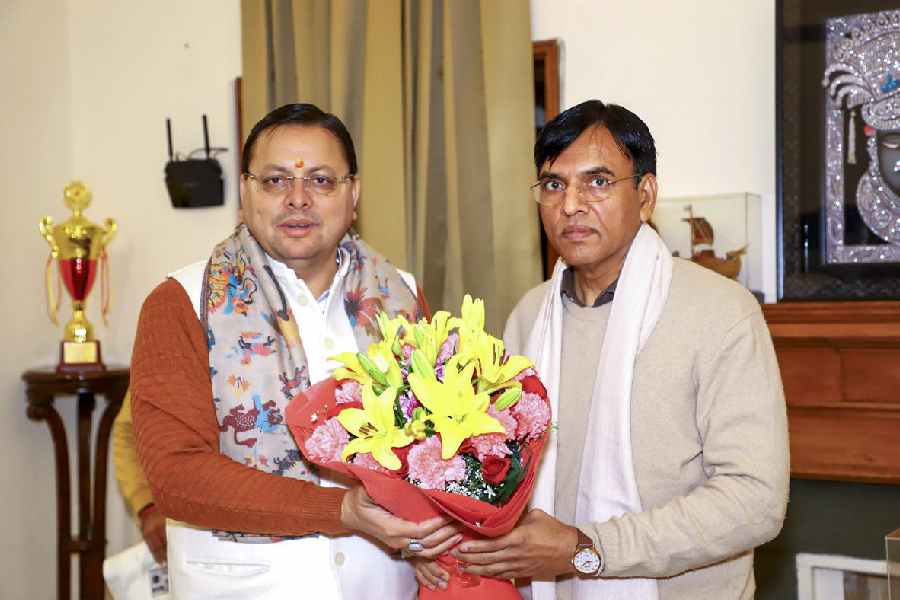Rajya Sabha Deputy Chairman Harivansh on Saturday said that there could be no better forum than that of the Speaker to decide disqualification petitions under the anti-defection law.
Harivansh was addressing members of the Rajasthan Assembly here during a day-long workshop on the role of Speaker under the 10th Schedule of the Constitution in collaboration with the Commonwealth Parliamentary Association (CPA).
The 10th Schedule lays down the process by which legislators may be disqualified on grounds of defection by the presiding officer of a legislature.
“In my view, under the given circumstances, there could be no better forum than the Speaker. The change required is disposal of such petitions under a stipulated time period,” Harivansh said.
He suggested other measures in the anti-defection law including resignation of all defectors and holding fresh elections, not giving any ministerial portfolio or any office of profit if they get re-elected, not counting the vote of the defected member in the formation and fall of government and sending the Speakers to Rajya Sabha if they do not wish to contest elections after the end of their term.
The other possible way would be to follow Mahatma Gandhi's principles and ethics, which unfortunately we do not uphold in public life, he said.
The Rajya Sabha member said everyone should follow Gandhian principles and values if India wants to stand out in the world, which today is governed by the technology that comes from Silicon Valley.
The deputy chairman's views were in the backdrop of a recent Supreme Court order that the Parliament rethink whether disqualification petitions ought to be entrusted to a Speaker as a quasi-judicial authority when such a Speaker continues to belong to a particular political party, either de jure or de facto.
Citing a disqualification case of a Rajya Sabha MP pending in the apex court since 2017, Harivansh pointed out that the seat still remains vacant as a court order is pending.
In such circumstances, he opined that there could be no other forum than that of the Speaker in disposal of disqualifications as the apex court has never changed the quality and fact-based decisions of the presiding officer.
From 1967 to 1972, the country witnessed around 2,000 defections from various political parties that perhaps led to lawmakers bringing in the 10th Schedule into the Constitution, the Rajya Sabha member said.
He further said that politicians give direction to the society and pointed out that from 1965 to 1985, the era in politics was of defection and it was the prime reason that development works that took place from 1948 to 1965 could not move further as the politics turned from development to self-interest.
He also laid stress upon reviving healthy parliamentary traditions.
Speaking during the workshop, Chief Minister Ashok Gehlot said defections can be stopped only if a law is enacted that lays down that elected candidates cannot switch political parties at any cost or else they will be disqualified.
The CM said the anti-defection law was enacted to stop legislators from switching parties but people have found ways to continue doing so.
Whether it is the Election Commission or retired judges, they all have their political inclinations and just entrusting them to decide on disqualification instead of a Speaker too would not serve the purpose, the CM opined.
Gehlot also raised the issue of black money in the funding of political parties and said that talking about eliminating corruption is useless until the funding of black money to political parties is stopped.
Rajasthan Assembly Speaker C P Joshi said it was his view that it is the job of the Speaker to run the House as per the procedures but the Speaker should not be entrusted for disqualification of any member belonging to a political party.
He said that if any elected candidate does not follow the party ethics and principles then the party president should be entrusted with the responsibility to write to the Election Commission for their disqualification.
Until the 10th Schedule came into effect, Joshi said the Speaker's job was to run the House as per parliamentary rules and procedures.
Post the anti-defection law, he said the decisions given by the Speaker were not good for the parliamentary set-up. Now, the Supreme Court has also said the Speaker has quasi-judicial power and it should be given to a tribunal, he added.











